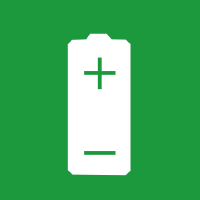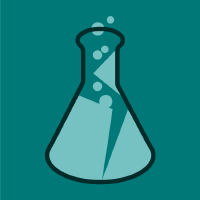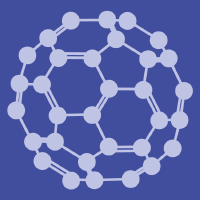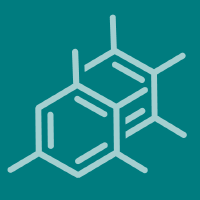Topic Menu
► Topic MenuTopic Editors

Design and Mechanism of Aqueous Batteries
Topic Information
Dear Colleagues,
Earth-abundant energy alternatives, as well as new sustainable and efficient energy conversion and storage systems, are attracting increasing research interest. Rechargeable lithium-ion batteries have been widely employed in portable electronic devices, laptop computers, and electric vehicles, but their cost and safety have brought their development to a bottleneck. Aqueous batteries (such as metal-ion batteries and supercapacitors) have been proposed as promising alternatives to traditional lithium-ion batteries because of their high power density, fast charge/discharge rate, and environmental friendliness. Most significantly, the substitution of organic electrolytes with aqueous electrolytes can effectively improve the safety and reduce the manufacturing costs of the batteries. To date, considerable progress has been made on aqueous batteries related to the following:
(1) Exploring a variety of aqueous batteries based on metal-ion intercalation chemistry.
(2) Designing high-capacity and mechanically stable nanostructured and multicomponent cathode materials.
(3) Developing a stable interface between anode and electrolyte to inhibit dendrite growth.
(4) Suppressing the evolution of H2/O2 from aqueous electrolytes to improve the output voltage and energy density.
Despite recent advances in AMIBs, further exploration is still required in high-performance electrodes, electrolytes and additives, capacity fade mechanisms, high operating voltages, and cell design. This research topic is expected to provide a comprehensive and in-depth overview of recent advances in aqueous batteries; innovative electrode material design, novel electrolyte additives, elaborate interface engineering, and new cell configuration are all encompassed within this scope. Original research, reviews, mini reviews, and perspective articles focusing on aqueous batteries are welcome. The areas of interest include, but are not limited to, the following:
- New electrode material design for aqueous batteries;
- Design optimization of electrode surfaces and electrolyte interfaces;
- Electrolytes and separators for aqueous metal-ion batteries;
- Machine learning and simulation for electrode material screening;
- Prediction of energy storage mechanisms and properties.
Dr. Chuankun Zhang
Dr. Houzhao Wan
Dr. Pei Liang
Prof. Dr. Zhang Li
Topic Editors
Keywords
- aqueous batteries
- design optimization
- electrolytes
- machine learning
- mechanisms
Participating Journals
| Journal Name | Impact Factor | CiteScore | Launched Year | First Decision (median) | APC | |
|---|---|---|---|---|---|---|

Batteries
|
4.0 | 5.4 | 2015 | 17.7 Days | CHF 2700 | Submit |

Electrochem
|
- | - | 2020 | 22.3 Days | CHF 1000 | Submit |

Materials
|
3.4 | 5.2 | 2008 | 13.9 Days | CHF 2600 | Submit |

Nanomaterials
|
5.3 | 7.4 | 2010 | 13.6 Days | CHF 2900 | Submit |

Molecules
|
4.6 | 6.7 | 1996 | 14.6 Days | CHF 2700 | Submit |

MDPI Topics is cooperating with Preprints.org and has built a direct connection between MDPI journals and Preprints.org. Authors are encouraged to enjoy the benefits by posting a preprint at Preprints.org prior to publication:
- Immediately share your ideas ahead of publication and establish your research priority;
- Protect your idea from being stolen with this time-stamped preprint article;
- Enhance the exposure and impact of your research;
- Receive feedback from your peers in advance;
- Have it indexed in Web of Science (Preprint Citation Index), Google Scholar, Crossref, SHARE, PrePubMed, Scilit and Europe PMC.

